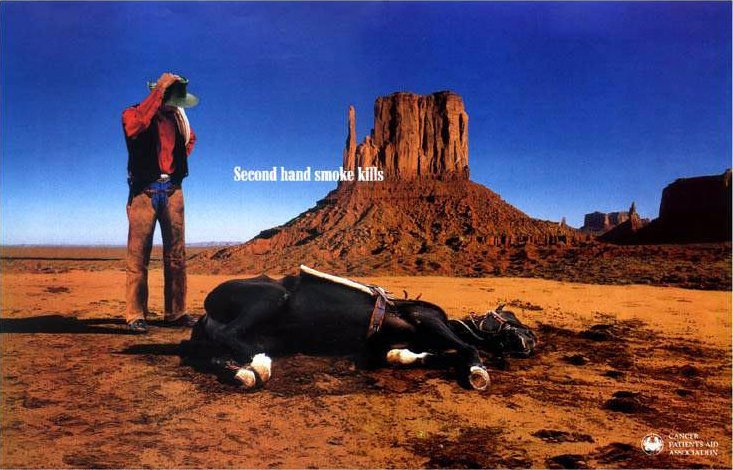1
That poetry is a mode by which words are made present as things without ceasing to refer.
1.1
The rivalry between signifier and signified, the reader's being brought to that boundary, is a poem's happening.
2
That poetry is a subset of imaginative literature, in which the operations of the reader's imagination are brought to bear on the rivalry between mimesis and rhetoric, thingness and speech.
3
That there is reading and there is beholding or apprehending, and prior to both is judgment or a question. What kind of writing is it?
3.1
What kind is writing?
3.11
Men judge of things according to their mental disposition, and rather imagine than understand. (Spinoza.)
3.2
Reading or apprehending, what belongs to the reader has the name of an action:
wreading.
4
That the boundary between word and thing, signifier and signified, rhetoric and mimesis is not a boundary in the sense that it indicates the presence of a dialectic.
4.1
For these seeming binaries are two halves of the word, or the sign, or the poem, that is itself multiple, more than halves/halved.
4.2
The boundary that makes a binary is itself an unbounded territory, a Möbius strip along which the wreader travels.
4.21
A reader of text cuts the strip, like the Gordian knot, an Alexandrian-interpretive expression of her will to power.
4.22
A beholder of the textual object cuts himself, an abject if not resentful abdication of interpretation to the mute power of things.
4.3
The boundary as Möbius territory is the monism of reading. Spirit and letter are not in dialectical tension but simultaneous positions on the strip. Line by line, word by word, the preponderance of spirit or of letter in the wreader's experience is purely local and momentary.
4.4
Poetry's monism does not predicate a holistic or organic relation between signifier and signified, poet and poem, word and Word, man and nature. It is possible to be visionary without being Romantic.
4.41
There are men lunatic enough to believe that even God himself takes pleasure in harmony. (Spinoza.)
5
That poetry is vision.
5.1
The vision is not the whole. (Adorno: The whole is the untrue.)
5.2
Vision bears the possibility of contact with the real.
5.21
Not in the sense that vision pierces the cloud of unknowingness, the cloud of ideology.
5.22
Not in the sense that vision splits the world into real and unreal, or the phenomenal and noumenal, or the real and the imaginary, or earth and heaven, or earth and world.
5.3
Vision is in history and is partly conditioned by it. A condition of its truth.
5.31
Vision does not mystify.
5.32
Vision does not unify.
5.321
The eyes of Robert Duncan did not focus on a single object.
5.33
Vision is local and material and historical. And:
5.34
Vision is a traveler.
5.4
Vision is natural insofar as nature is historical (evolution).
5.5
Vision binds the two halves of the Möbius strip. But in this case, two halves do not make a whole.
5.51
The two halves are like a whole in the sense that they offer the completest possible range of poetic action.
Wreading.
5.512
But see 5.1, above.
5.6
The two halves make up a "whole" that is multiple. More and less.
5.61
Less is also more.
5.7
Truth is in the eye that measures this excess.
5.71
The eye that follows the line.
6
That vision is cognition, peculiar to poetry, or to any mode that presents an only apparent singularity.
6.1
A singularity of which we ask, What kind is writing?
6.2
Or which asks of us, What do you want from me?
6.21
Poetry is supposed to know. (Lacan.)
6.3
Wreading interrogates its own demand. That the poem be a whole.
6.31
It tarries, not just with the negative, but with the "more" a poem is or indicates.
6.4
Vision splits the poem, or is split by it. But is whole on the other side.
6.5
There are no hierarchies, no infinite, no such / many as a mass, there are only / eyes in all heads, / to be looked out of. (Olson.)
6.6
But the impasse is this: poetry is only partly rhetoric, only partly mimetic. It wants to be part of the world yet exceeds it, quite literally, by halves.
7
That vision exceeds, by its nature, vision is excessive. The more than whole is the true.
7.1
The truest poetry is the most visionary, the most excessive.
7.11
This includes the excessively impoverished.
7.2
The baroque and multiple / the abject less-than-one: these are the modes of vision (of excess) of our age.
7.21
Poetry exceeds (succeeds) silence. (In Beckett, in Celan.)
7.22
Poetry exceeds (succeeds) its speaker. (In Rimbaud, in Pessoa, on Black Mountain, in Yasusada.)
7.3
A climate of vision includes poem, poet, wreader, and world. All instances of the local and historical in a relation that exceeds, without transcending, the local and historical.
7.4
A climate of vision is impure, may blur and mislead, must not depend on the esoteric.
7.41
The esoteric often mistaken for excess; the former at best a mode of the latter. It should not be the only mode.
7.41
That sense of the real, heightened, comes in meeting the Möbius strip. Negotiating excess without managing or recuperating it. Poetry is not an economy of anything but energy, potential, methodology.
7.411
The work of the morning is methodology; how to use oneself, and on what. (Olson.)
7.5
Eco (oikos, home) is prior to nomy (management, method, rule), as it is prior to logos.
7.51
What's prior divides the apparent whole of the poem into the multiple.
7.52
Home is an excess, like Being, and vision is a possible relation. It takes (more than) one to know (more than) one.
8
That poetry makes no thing happen.
9
That no plus the thing makes the world.










